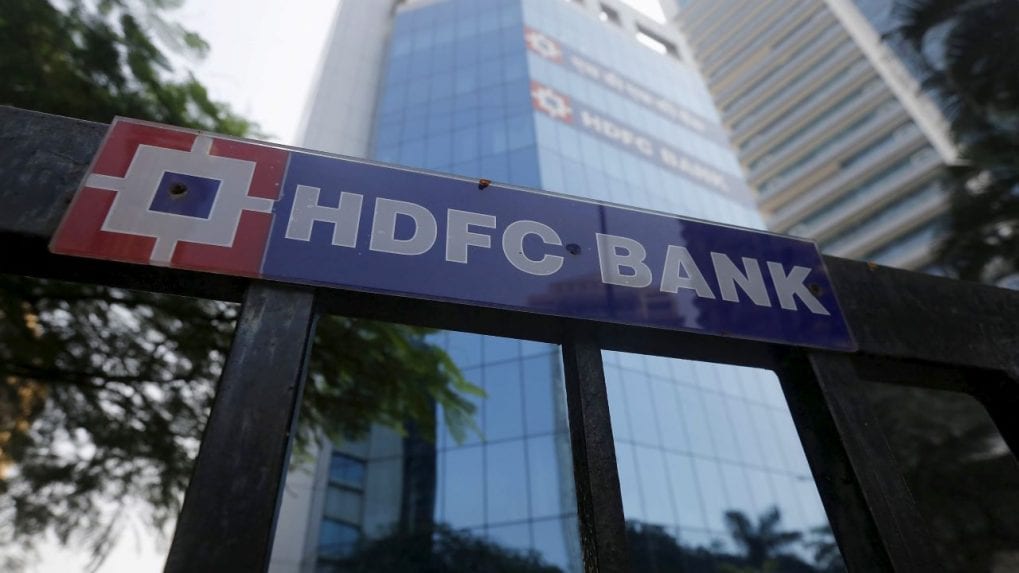
Market participants see a possibility of more than $3 billion flowing into the stock. The good news is coming at a time when the fancy for IT Companies is fast dwindling, meaning more may be located in a domestic facing sector like banking.
The Reserve Bank of India (RBI) granting HDFC Bank three years to meet the priority sector requirements, once the HDFC book is merged into it, is welcome news for the bank's shareholders. With some luck, it may be the start of good times for the bank's stock, which has been underperforming since the merger announcement.
However, more importantly, what were the forbearances given and not given by RBI?
First, on priority sector obligations, RBI said the bank needs to invest the required 40 precent in the priority sector (PSL) for only one-third of HDFC's book in the current year. In FY25, PSL must cover two-thirds of the book and the entire book by FY26.
Secondly, the bank may increase its stake in HDFC's Life and general insurance subsidiaries to 50 percent.
Third, there is no forbearance on CRR or SLR, which means that on the day of the merger, HDFC Bank shall keep 4 percent of the combined book in cash and hold 18 percent of the combined book in government bonds.
With this, everything there is to know about the merger is known and investors can assess the impact of the merger on HDFC Bank more clearly.
Let's look at the positives first: the stock's current price is based on an assessment that RBI won't give any forbearance. So the fact that more time has been given to meeting priority sector targets will be positive for the stock.
Suresh Ganapathy, the banking analyst at Macquarie Securities, calculates that this alone will help HDFC Bank save 10 basis points in"Return on Assets."
The permission to hold 50 percent in the insurance subsidiaries is more of a relief for shareholders of HDFC Life in particular since there won't be any sale overhang. But if the shares of HDFC Life rise, that will eventually benefit HDFC Bank, its future parent.
There was a niggling worry that since RBI disallowed Axis Bank from buying a large stake in Max Life, it may raise eyebrows over HDFC Bank owning insurance subsidiaries. However, RBI has chosen to treat HDFC BAnk like SBI and ICICI Bank, which is a relief, now that it is in black and white.
A near-term rally for HDFC Bank stock hence may be possible. But some clouds remain.
The maintenance of CRR for an additional Rs 7 lakh crores of HDFC's book is just about Rs 28,000 crore. However, that amount won't earn interest and is hence a minor negative.
SLR of 18 percent is a stretch, but HDFC itself holds over Rs 50,000 crore in government securities. As for liquidity coverage ratio or LCR, HDFC Bank maintains a 15 percent excess liquidity coverage ratio, amounting to about Rs 60,000 crorer of extra government securities holding.
All these investments in government securities are margin dilutive and analysts expect that the first merged quarterly result will show up a ROA of around 1.7 percent.
However, the RBI has probably reasoned that HDFC raised these bonds when it is an NBFC, and these advantages are only available if a bank raises them. If a clarification comes in favour of categorising HDFC's long-term bonds as infra bonds, that will be a bonus. But the wording of RBI's letter to the bank leaves little room for such hope.
The other negatives for the merged entity are known: HDFC could lend high-yielding loans to builders, even for land purchases. These avenues aren't available to a bank. HDFC's plain vanilla home loans fetch lower yields than many of HDFC Banks' assets such as personal loans, credit card loans, auto loans and even corporate loans. And then there are the inevitable personnel integration issues.
But all these issues have been priced in the past year and hence the underperformance of HDFC Bank stock. The Friday letter from the regulator is clearly stock-positive and will hopefully not only end the underperformance but may trigger a minor rally.
HDFC Bank: Some cheer for shareholders as RBI grants relief on priority sector targets - CNBCTV18
Read More

No comments:
Post a Comment